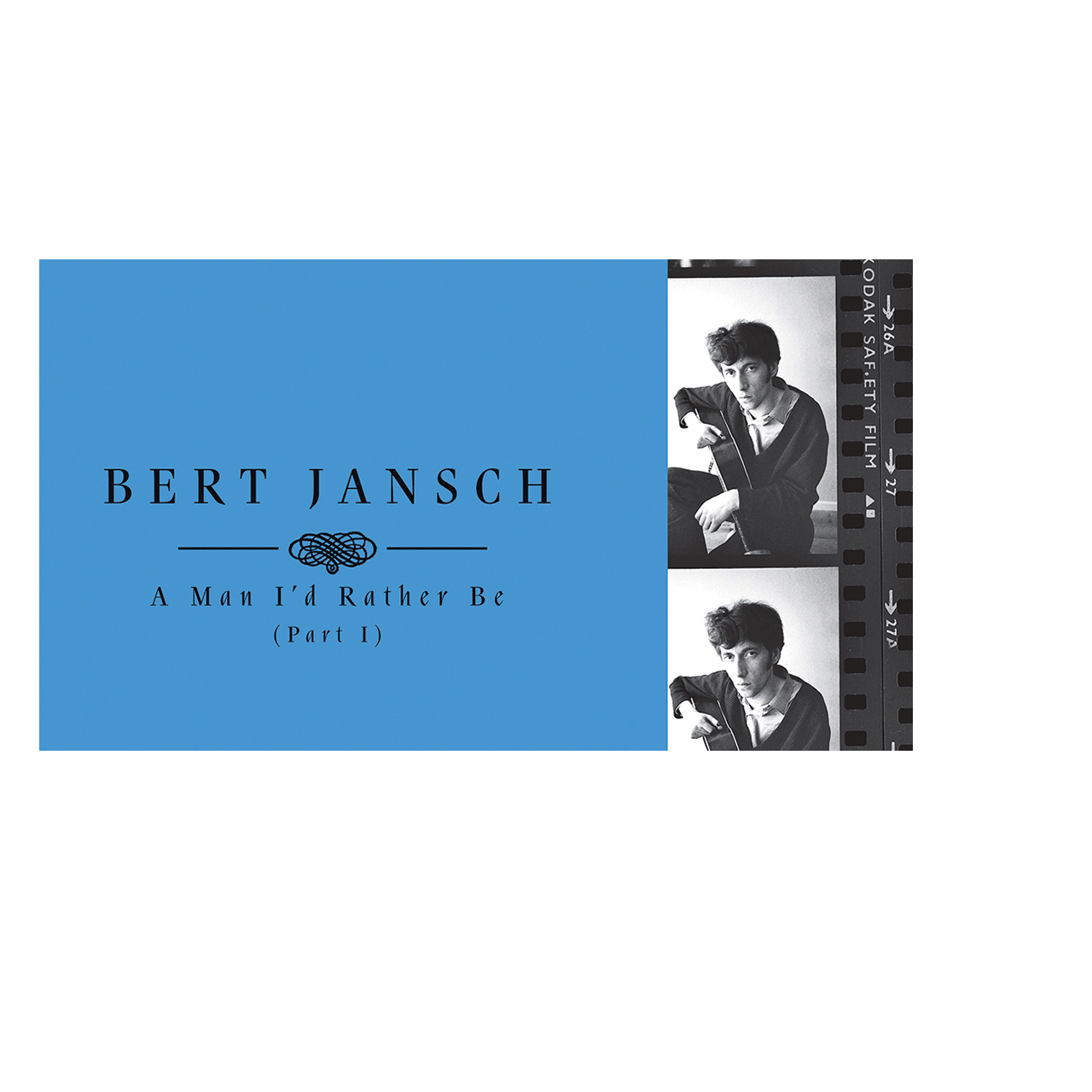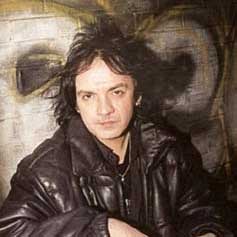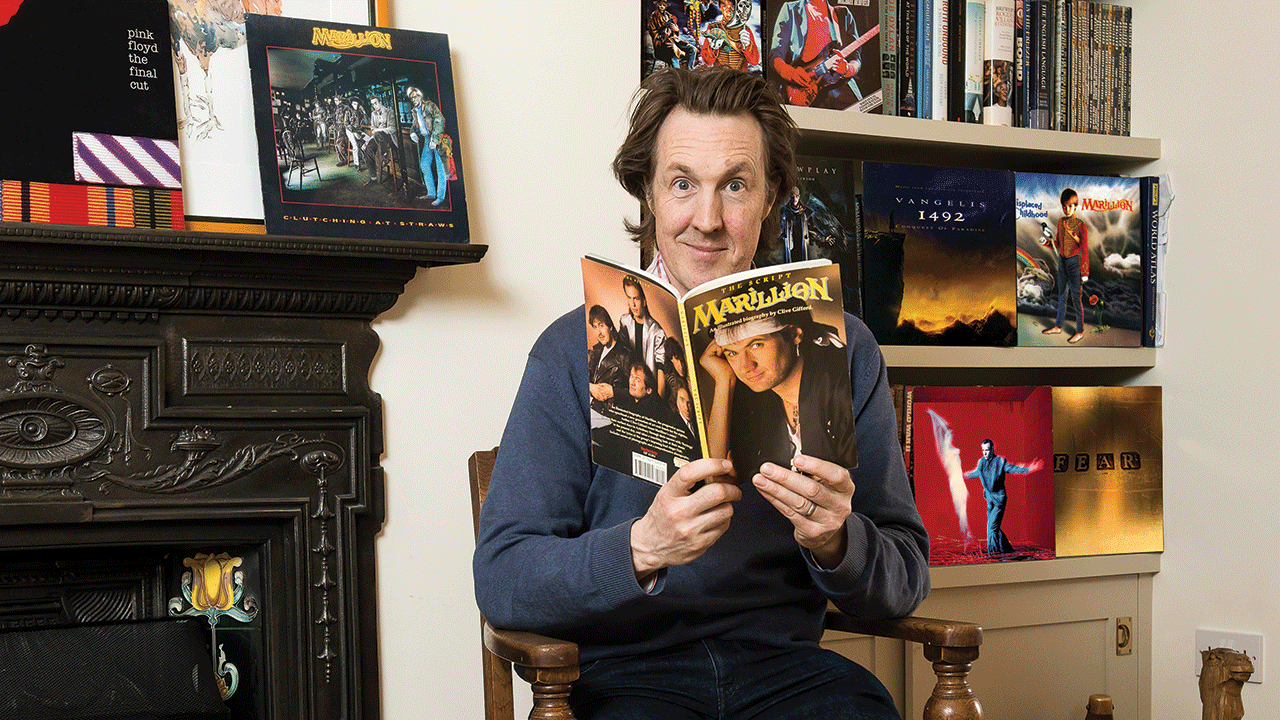You can trust Louder
From Jimmy Page on down, ask any guitarist who came up in the mid-60s about their early inspiration and chances are they’ll reply Bert Jansch. After coming to London from his native Scotland in 1963, Jansch brought folk out of the clubs and made it cool with his quicksilver guitar virtuosity and epoch- making mixing of the traditional with the topical. Always embracing new influences such as Indian music, Jansch’s guitar style flowed like its own translucent entity and, though his voice wasn’t strong, he was quietly expressive as he revisited folk club standards and wrote his own comments on those turbulent times.
Suiting the unadorned music, this first of two volumes documenting Jansch’s 60s output simply presents his first three Transatlantic albums, along with 1966’s collaboration with kindred spirit John Renbourn. Recorded when he was 21 years old in producer Bill Leader’s Camden bedroom, 1965’s self- titled debut shows Jansch’s dazzling virtuosity fully-formed on instrumentals Alice’s Wonderland and Finches, while protest outing Do You Hear Me Now? (covered by Donovan) displays a social conscience that peaked on Needle Of Death, still the most heartbreaking British anti-heroin song. The same year’s It Don’t Bother Me loosened up, balancing protest (notably Anti Apartheid) with love songs and unveiled raga explorations with Renbourn on Lucky Thirteen.
1966’s Jack Orion comprised all traditional songs, including 10-minute child ballad Jack Orion, future Pentangle staple Nottamun Town and Blackwaterside (as later heisted by Led Zep). Bert And John is a masterclass in intertwining guitar telepathy: two virtuosos setting each other on fire and sewing seeds for Pentangle on their cover of Charles Mingus’ Goodbye Pork Pie Hat (while honouring Jansch’s mentor Anne Briggs on her The Time Has Come). Two years later, Jansch and Renbourn would continue their barrier- demolishing mission in Pentangle, but the quiet revolution started here.
Sign up below to get the latest from Prog, plus exclusive special offers, direct to your inbox!
Kris Needs is a British journalist and author, known for writings on music from the 1970s onwards. Previously secretary of the Mott The Hoople fan club, he became editor of ZigZag in 1977 and has written biographies of stars including Primal Scream, Joe Strummer and Keith Richards. He's also written for MOJO, Record Collector, Classic Rock, Prog, Electronic Sound, Vive Le Rock and Shindig!


